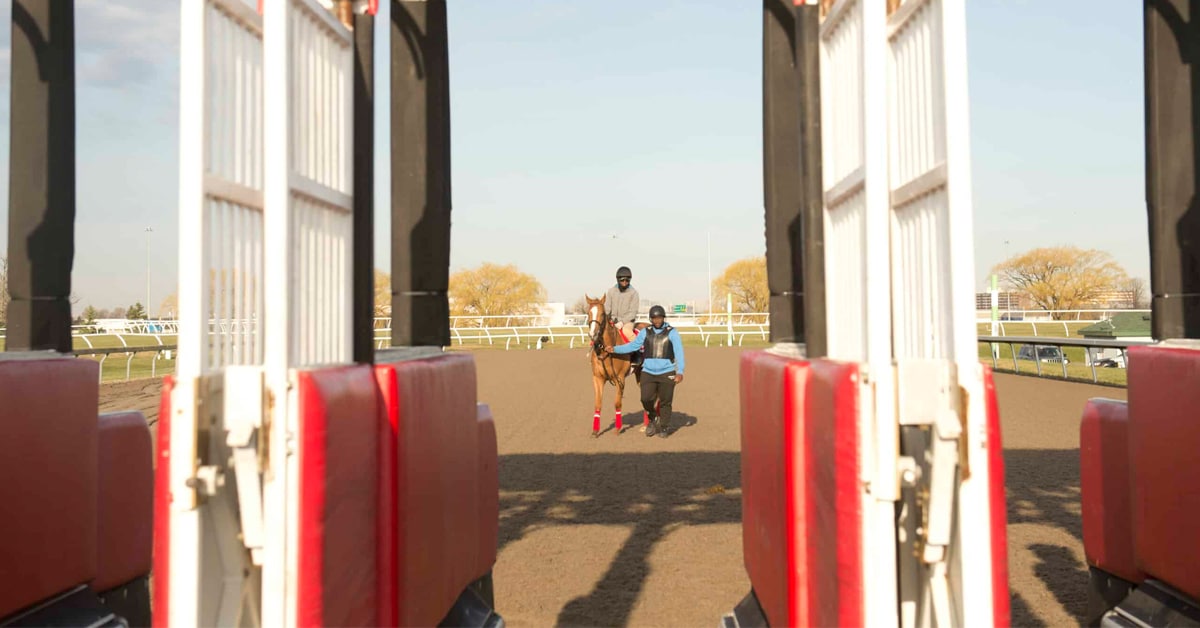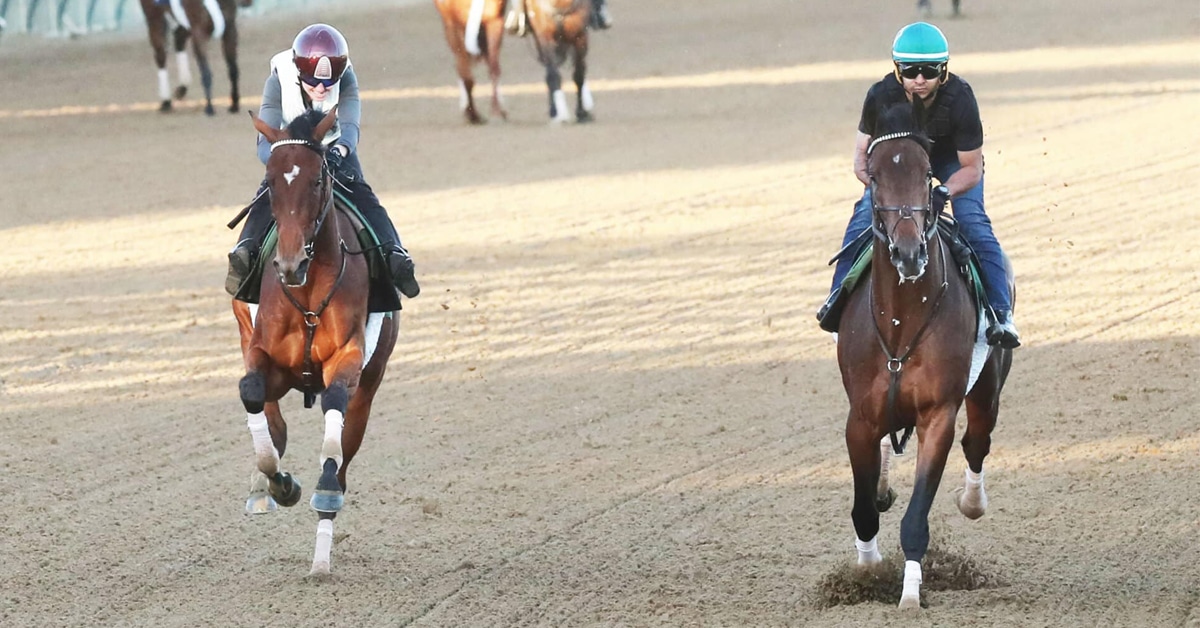In response to the backlash from Ontario’s Thoroughbred owners and breeders to the recently announced changed to the 2016 Thoroughbred condition book for overnight races, Woodbine Entertainment Group has amended two of the five proposed changes.
Ontario-sired maiden three-year-old races will continue to be written until August 1st followed by a review of that classification at that time. The original proposal was to stop writing these races earlier in the summer. In addition, the Ontario-sired non-winners of a race other than maiden or claiming will replace Ontario-sired non-winners of two races. This change will allow Ontario-sired maiden winners to win a claiming race and still be eligible for a second restricted win.
WEG has also made an application to the Ontario Racing Commission, supported by the Horsemen’s Benevolent and Protective Association (Ontario) to amend the Rules of Racing to allow horses of common ownership to race uncoupled for wagering purposes in overnight races. This would allow more overnight races to ‘go’ as they would have more betting interests.
“It’s a little bit better, but not much,” said owner and breeder Sherry McLean, who is also a director on the HBPA board. “There is a fearful feeling from breeders: is the road we are going down – to reduce the Ontario-sired program?”
The changes to the Woodbine condition book, which covers 133 racing dates in 2016, were made with the goal of balancing an overpayment in the Ontario-sired program, field sizes and filling races with respect to Ontario-sired and ‘open’ runners.
Other changes to restricted races are: The Ontario-sired purse bonus dropped from 40 per cent to 30 per cent in allowance and maiden special weight races and 20 per cent for all other restricted races; elimination of Ontario-sired maiden allowance for three-year-olds and up and the elimination of the optional claiming portion of non-winners of three at the $20,000 and $40,000 claiming levels.
“We don’t have an issue with the overpayment. This is not an issue and has never been,” said John Burness, owner of Colebrook Farms in Uxbridge, Ontario, and a CTHS director. “The real issues are #1 the lack of notice to breeders and #2 the cancellation of Ontario sired races as of August 1st.”
In its February 23rd press release, WEG noted that in 2015, there were 2,429 unique starters at Woodbine of which 50.7 per cent were Ontario sired.
“There has been a dramatic decline in the number of unique starters that are not Ontario-sired and available to fill open races. In 2013, 58 per cent of unique starters were open horses, approximate 250 more than in 2015. With known declines in OS horses available to fill races at Woodbine over the next few years, there is a need to attempt to reverse the trend of declining open unique starters.”
The release also emphasized that the track is committed to the $15 million Horse Improvement Program (HIP), dedicating $11 million of that sum to purses. In total, WEG will spend approximately $15 million on planned, restricted overnight races of 30 per cent of total purses.
Reducing the races for Ontario-sired horses and thus their earning power is hurting Ontario breeders, who had already been crushed by the cancellation of SARS, and the value of their foals or stallions said McLean.
“There are people who are going to back out of breeding horses; if they don’t have earning power what is the point of breeding them?
“I’m still going for it,” said McLean, former manager of Gardiner and Paradox Farms who started her own breeding program three years ago. “This is what I do and this is where I play the game. As long as I can still make a living and enjoy it, I’m going to continue to do it.”
But not all Ontario breeders are as optimistic. “This is a blow to the small Ontario breeder who will have no opportunity to get anything back on their investment,” said Burness. “If Woodbine is interested in having more horses in the future then they need a regional program or they won’t have anything to race.”
Burness sites the success of the government backed New York breeding program that supports New York breeders. “It’s one of the strongest programs going,” commented Burness. “If Woodbine doesn’t do that we won’t have horses in Ontario. This is only a temporary fix, in the long-term it will destroy the Ontario breeding program.”
More from Canadian Thoroughbred:





